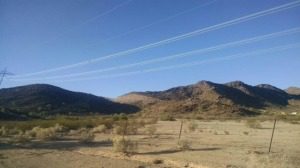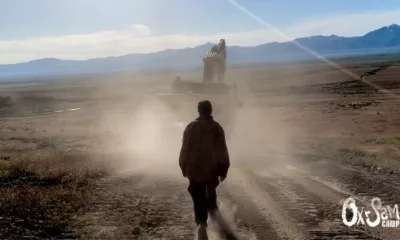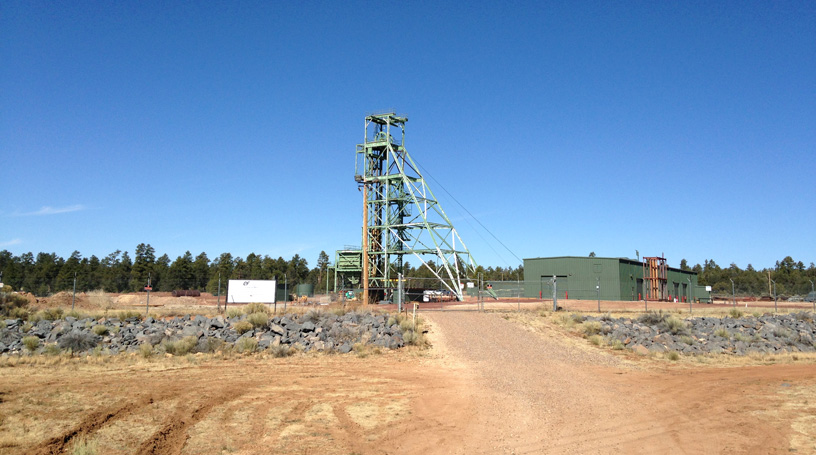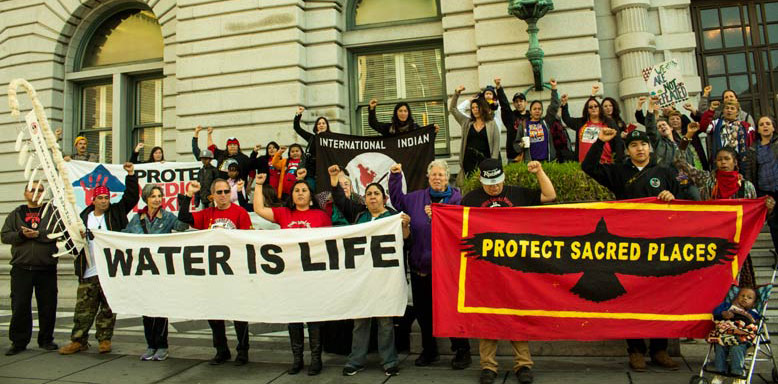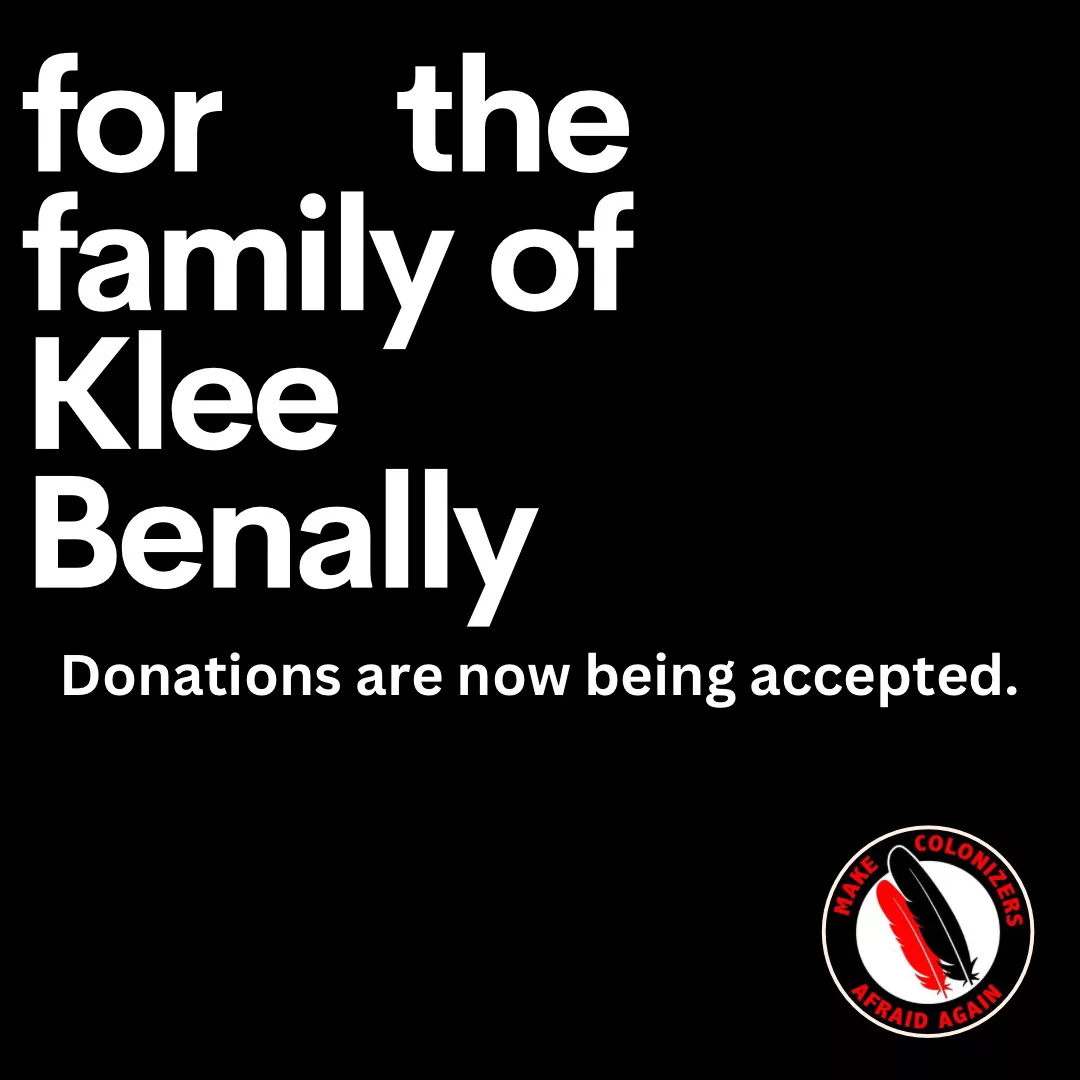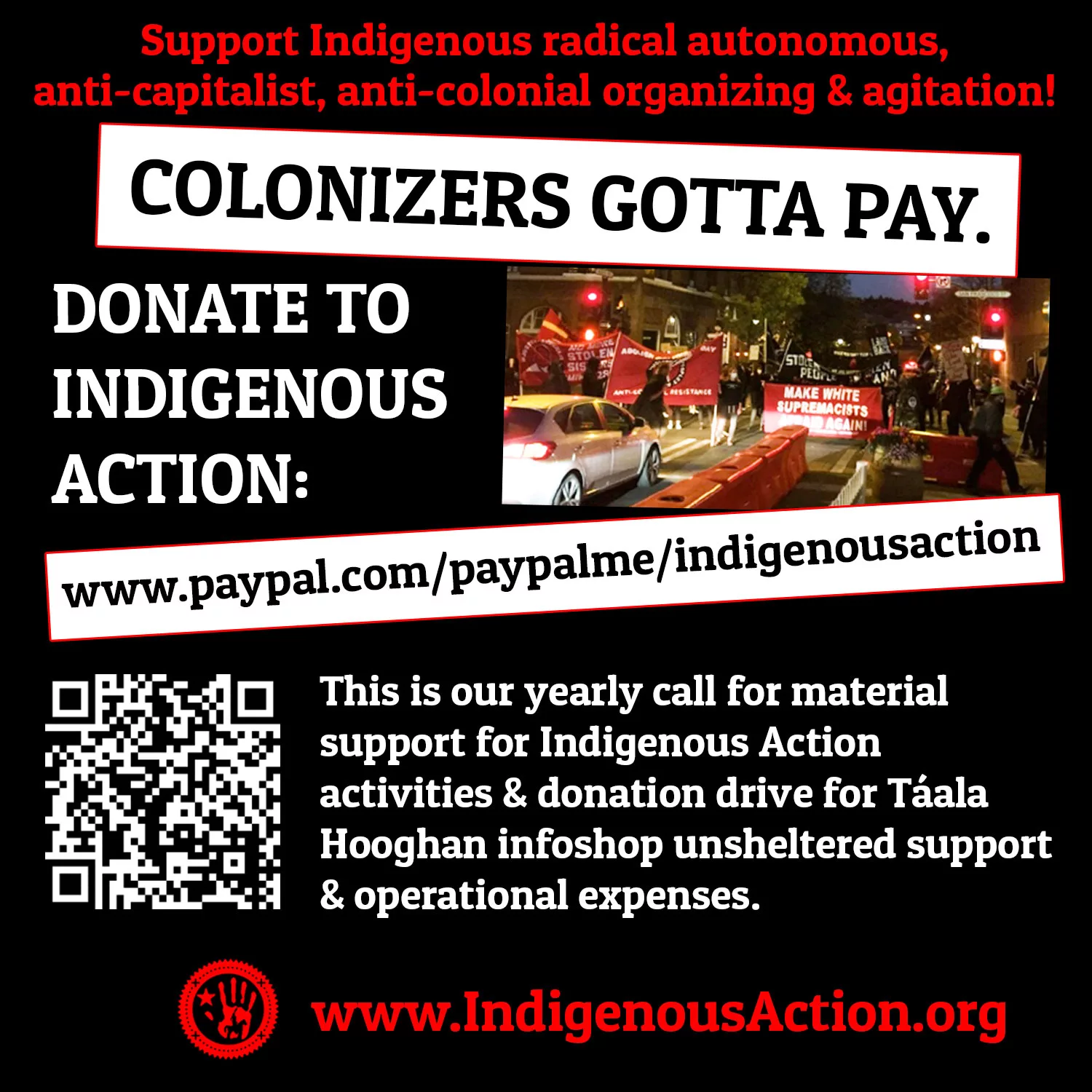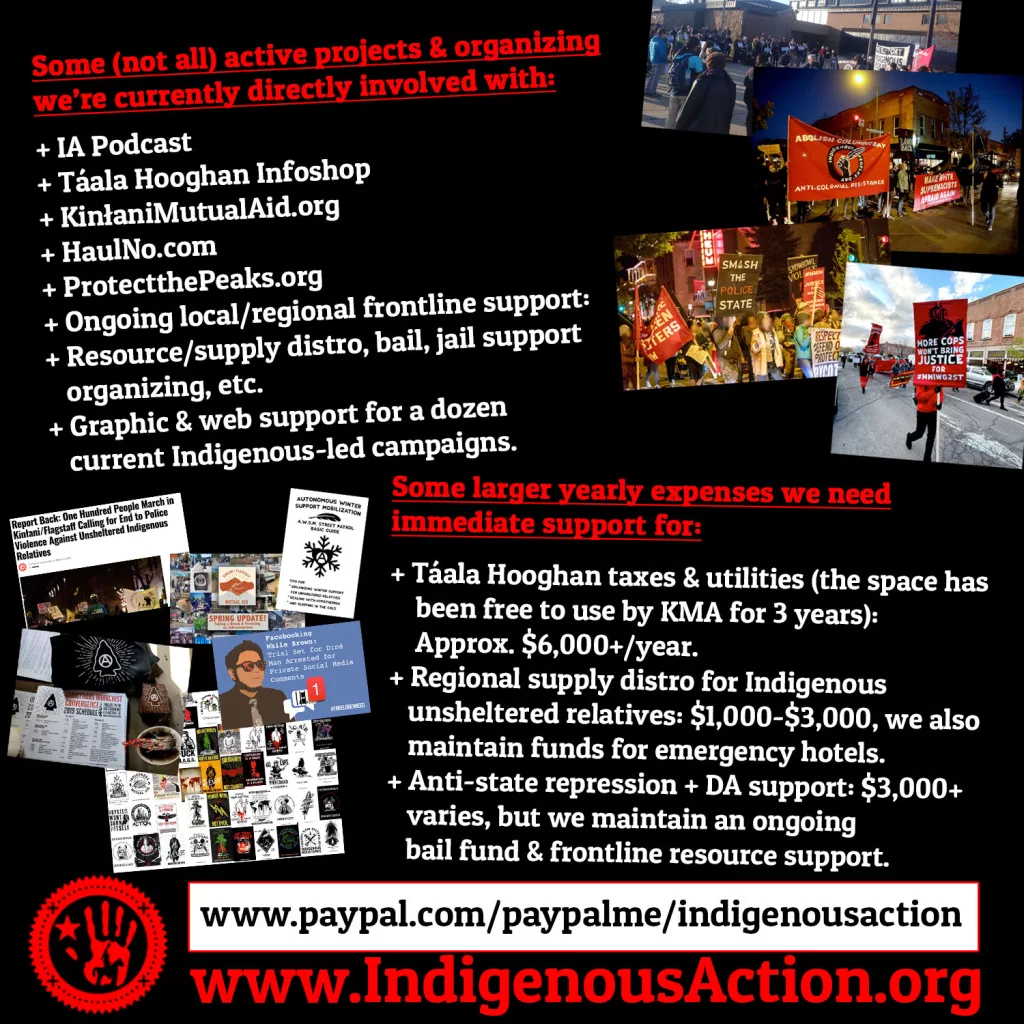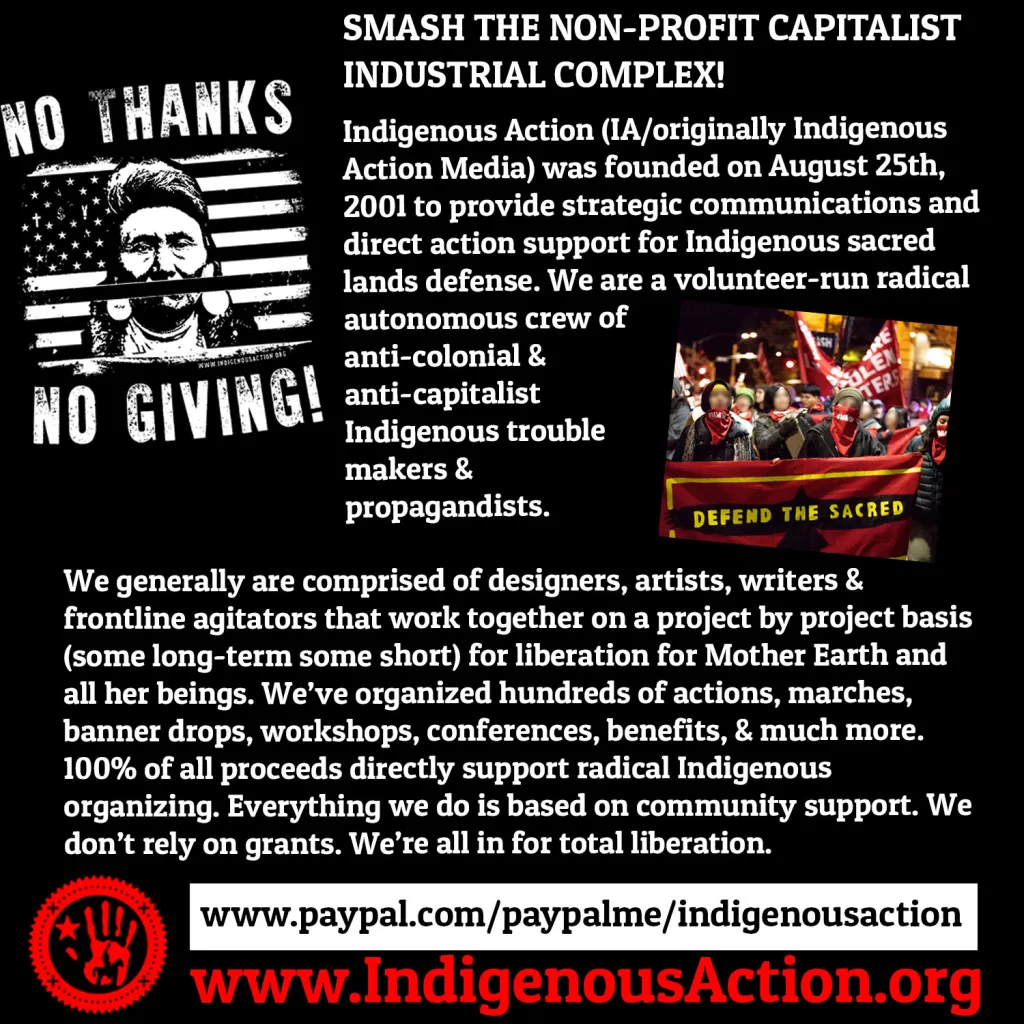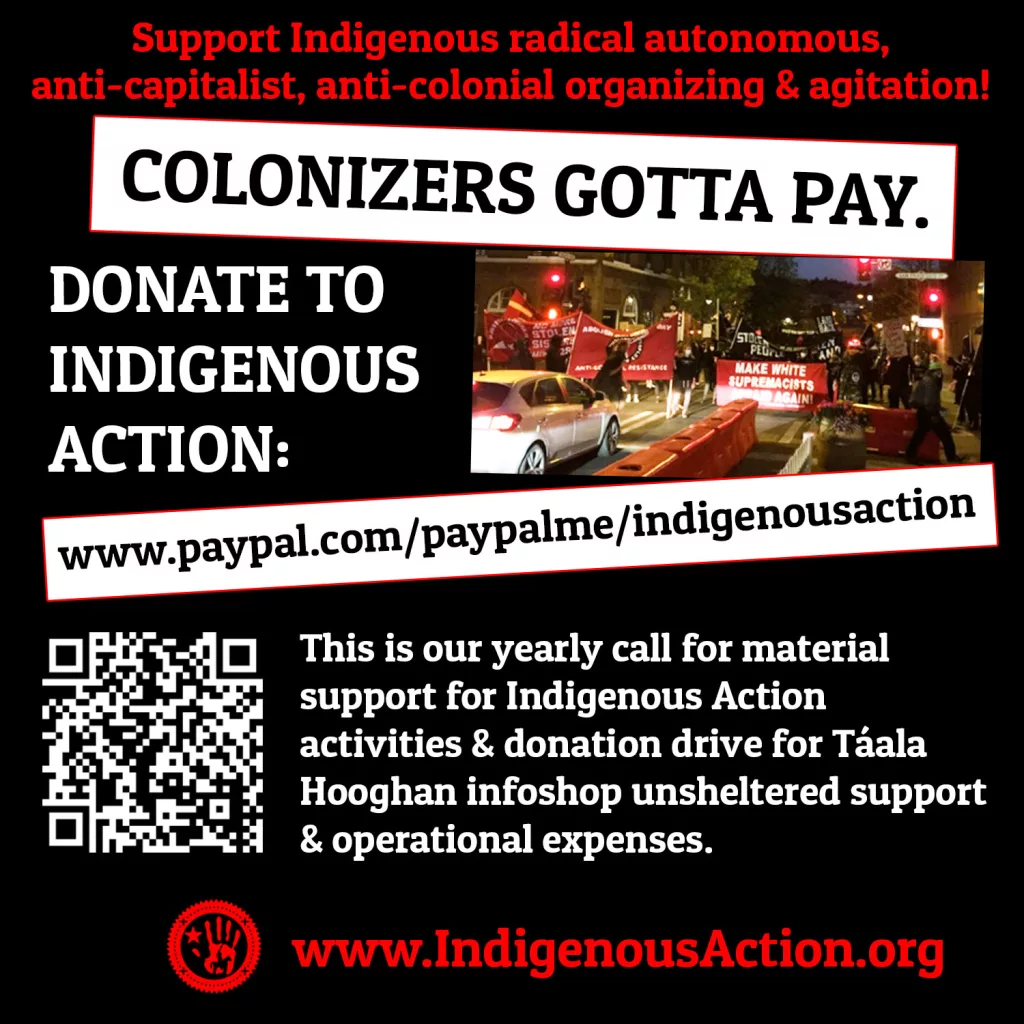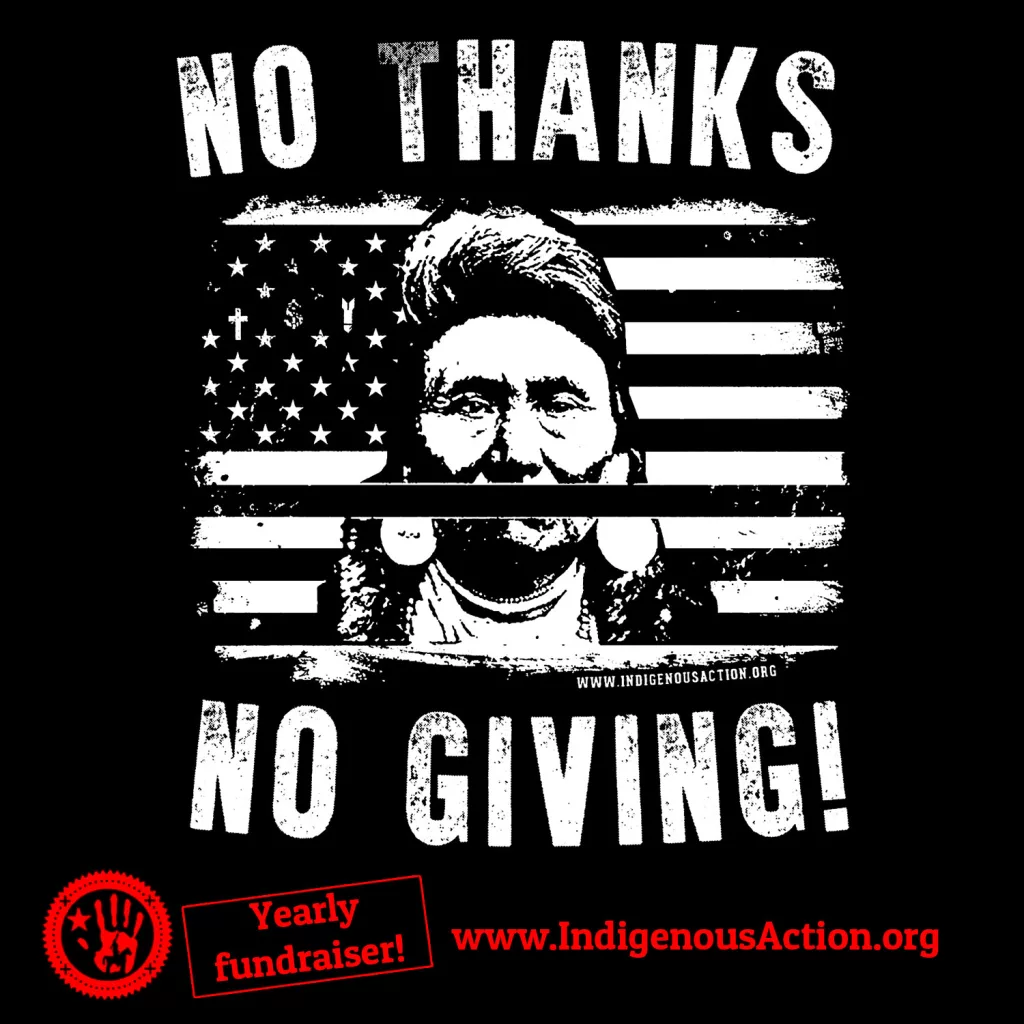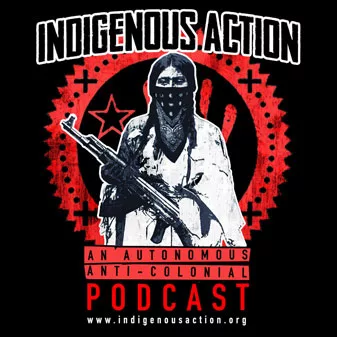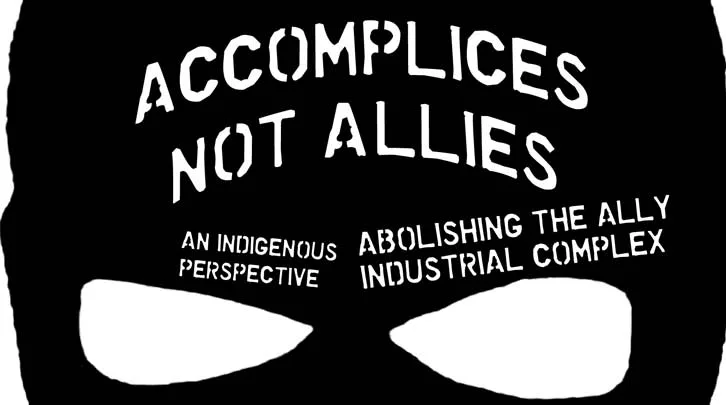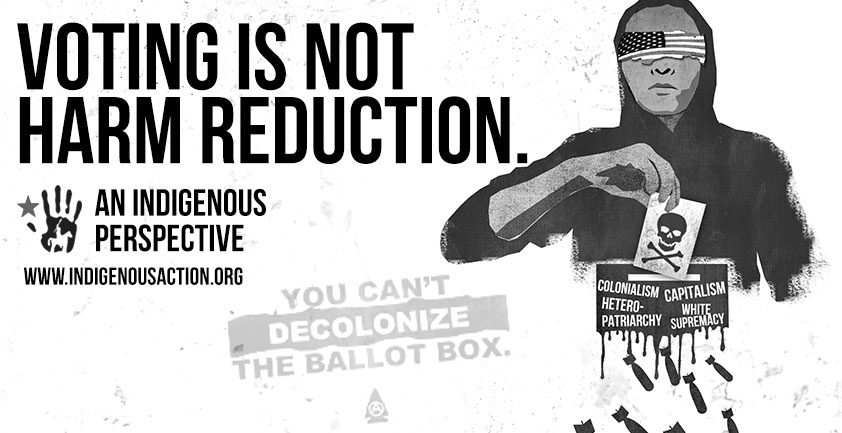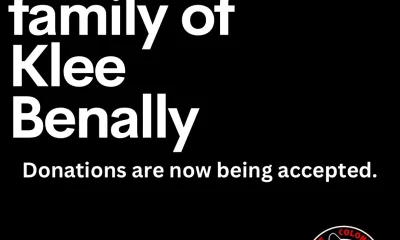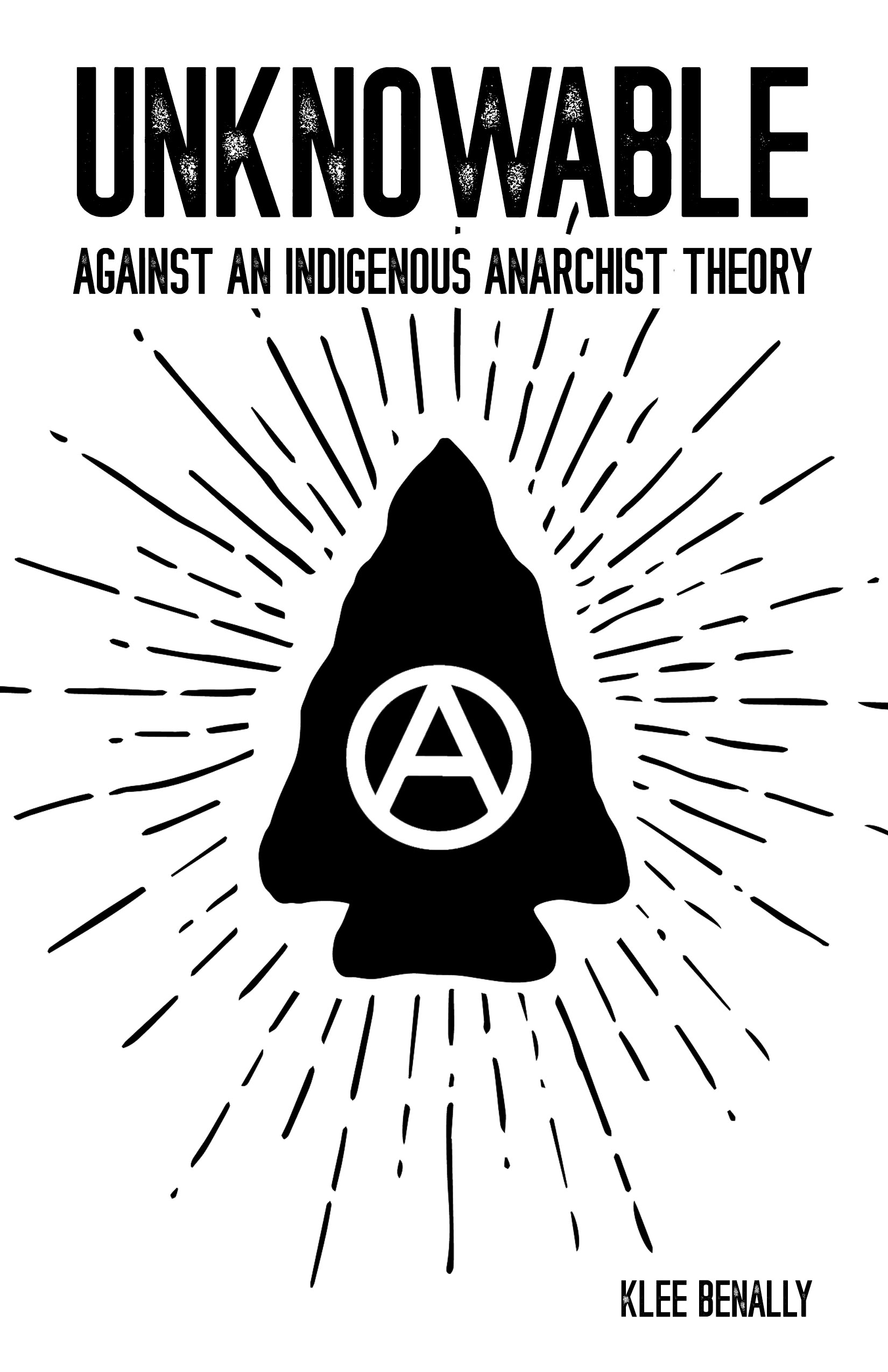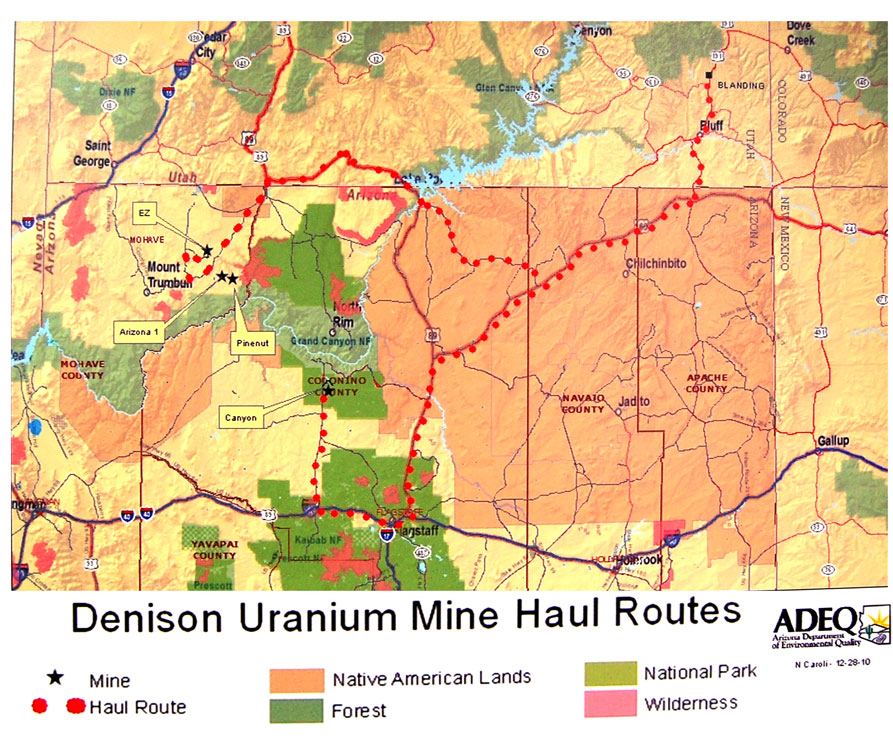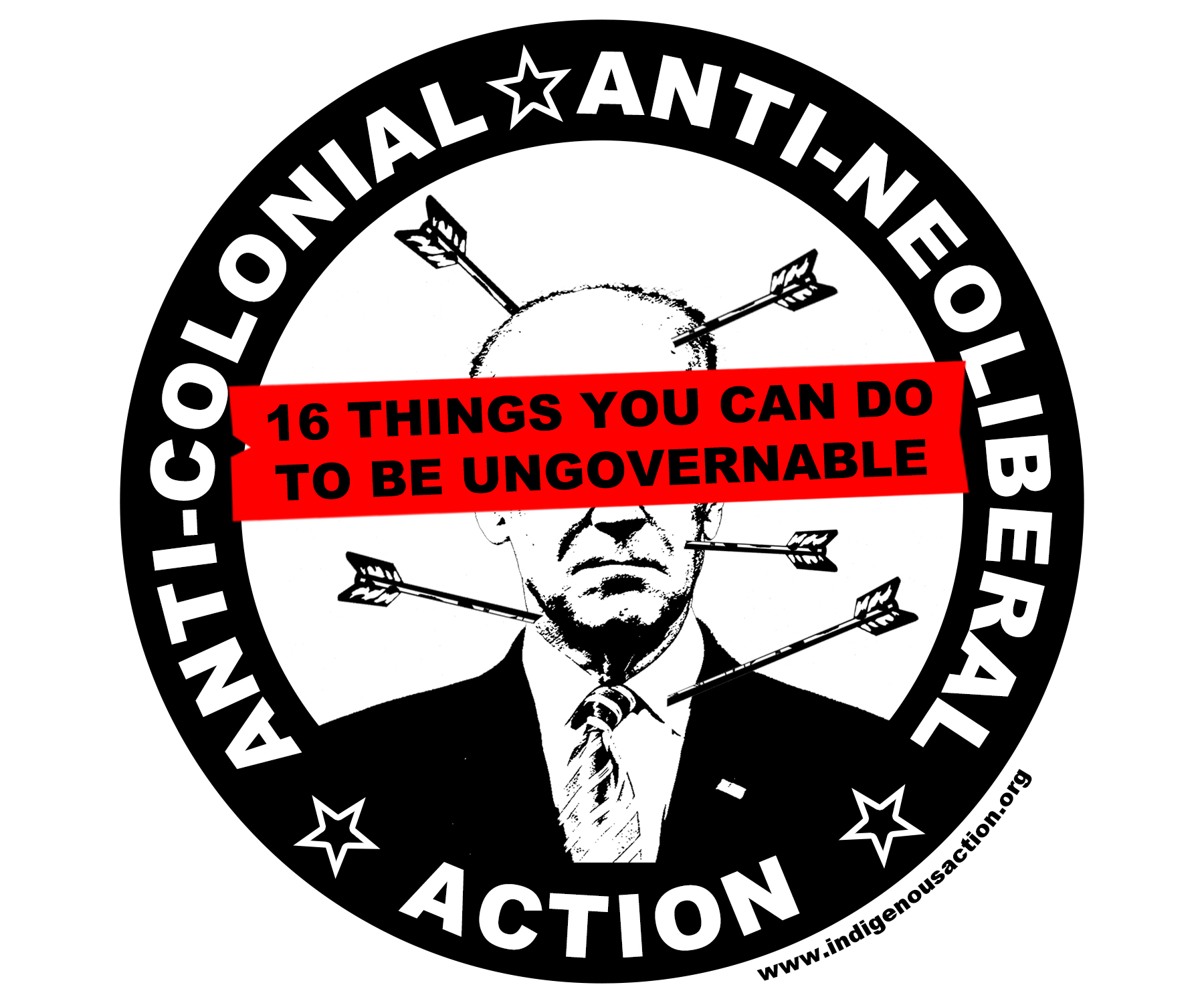By Amanda Blackhorse,
The past three weeks have been a pivotal time in the fight to protect mother earth and sacred sites. As many people gather in Standing Rock to stop the Dakota Access Pipeline, there is similar struggle happening in Phoenix, Arizona – the fight to protect sacred mountain, Moahdak Do’ag (South Mountain).

Moahdak Do’ag (South Mountain), photo by Amanda Blackhorse
On August 19, 2016, U.S. Federal District Judge Diane Humetewa ruled the Arizona Department of Transportation (ADOT) and the Federal Highway Administration (FHWA) could move forward with construction on proposed loop 202, a six-lane highway that will cut through the southwest part of the mountain. It will also parallel the community of Ahwatukee and the Gila River Indian Community (GRIC). Judge Humetewa ruled that the plaintiffs in the case failed to prove the proposed highway would be damaging to the communities represented.
Our O’odham relatives [Gila River Indian Community, Salt River Pima Maricopa Indian Community, Ak-Chin, and The Tohono O’odham] hold Moahdak Do’ag sacred and as a lifeway. Gila River Indian Community tribal members have been fighting the proposed loop 202 for years.
In the summer of 2015, the Gila River Indian Community (GRIC) and Protecting Arizona’s Resources and Children (PARC) filed suit in federal court against ADOT and the FHA citing National Environmental Policy Act (NEPA) violations, adverse environmental impacts to the community, and desecration of sacred sites. Soon after, the two parties also filed for an emergency injunction to stop the pre-construction of the highway but was denied by the judge citing the parties failed to provide irreparable harm if construction were to continue.
The response from the community of Ahwatukee, GRIC, and GRIC tribal members was strong. PARC President Pat Lawlis called the ruling “unbelievable” in a press statement issued by PARC. She stated, “it unfortunately appears that there was more at play than a proper application of relevant facts to the law. The Court ruled that ADOT and the Federal Highway Administration (FHWA) were permitted to use extremely wide discretion in planning the SMF and were therefore not violating federal law.”
PARC also stated they would file an appeal to the 9th Circuit Court of Appeals. PARC et. al., a coalition of community members of Ahwatukee and environmental advocacy groups, seek to protect the community of Ahwatukee from the adverse impacts the highway will have on the community and land.
Governor Stephen Roe Lewis of the Gila River Indian Community issued a statement on his Facebook page, “To say our people are disappointed hardly expresses how deeply we feel about the potential loss of this sacred mountain range. This is simply unacceptable.”
GRIC tribal members showed their opposition through protest on Monday following the Judge’s decision. The protest was held at an ADOT planning meeting in Ahwatukee. At least 6 members of the community showed up with signs, banners, singing a traditional O’odham song about Moag dak Doag, they were met with applause by the Ahwatukee community.
“Today I am proud of our Council, Community activists, Elders, and concerned Community members who supported our Community to move forward in this historic fight to save Muhadagi Doag! The challenge before us is daunting, but when we come together with good hearts and clear minds, the power of our UNITY can overcome those extreme obstacles in our path as we answer the call of our ancestors.” – Governor Stephen Roe Lewis of the Gila River Indian Community
Two tribal members in attendance, Linda Paloma Allen and Andrew Pedro have been at the forefront of the fight against the 202 build for years. Pedro explained his disappointment with Judge Humetewa’s ruling stating, “As another indigenous person you would expect them to understand the importance of such places, but this shows that colonial institution’s main purpose is to enforce and reaffirm colonial law.” He says that being greeted with applause from Ahwatukee community members shows all people, Native or not is opposed to this freeway.
Allen stated the fight to save the mountain is not only for the Native people but also for a system change. She stated, “Indigenous people are tired of outside interests not understanding how deeply we are connected to our land and what we will do to defend it. In North Dakota, it’s Energy Transfer Partners and the Dakota Access Pipeline. In Arizona, it’s Arizona Department of Transportation, Snowbowl, and Resolution Copper. It’s the same injustice since 1492”.
Later in the week, the Gila River Indian Community council called a special council meeting to discuss many pressing issues as well as their continued fight to stop the Loop 202. Although the discussion of the highway was not open to the public, I was able to sit in the beginning of the session and witnessed the GRIC tribal council pass a resolution to support the continued fight to stop the Dakota Access Pipeline in North Dakota.
After the meeting was held, Governor Lewis issued a statement about the Loop 202: “Today I am proud of our Council, Community activists, Elders, and concerned Community members who supported our Community to move forward in this historic fight to save Muhadagi Doag! The challenge before us is daunting, but when we come together with good hearts and clear minds, the power of our UNITY can overcome those extreme obstacles in our path as we answer the call of our ancestors.”
Although Judge Humetewa’s recent ruling was not in the favor of GRIC or GRIC tribal members, Pedro states there seems to be more interest from tribal members to take part in this issue. “Though it has been a time of pain, the O’odham people will not take it laying down. So if ADOT wants a showdown, they are going to get one.”
Gila River Against Loop 202: www.facebook.com/Gila-River-Against-Loop-202-148194241910780/
Akimel O’odham Youth Collective: www.facebook.com/AOYC123/
 Amanda Blackhorse (Diné) from Big Mountain and Kayenta, Arizona is a social worker and plaintiff in Pro Football vs. Blackhorse et. al. In 2014 Amanda and her fellow co-plaintiffs won their petition in the Trademark Trial and Appeal Board to cancelled the federal registrations (r*dsk*ns) of the Washington NFL team.
Amanda Blackhorse (Diné) from Big Mountain and Kayenta, Arizona is a social worker and plaintiff in Pro Football vs. Blackhorse et. al. In 2014 Amanda and her fellow co-plaintiffs won their petition in the Trademark Trial and Appeal Board to cancelled the federal registrations (r*dsk*ns) of the Washington NFL team.
Read Amanda Blackhorse’s previous coverage: www.indiancountrytodaymedianetwork.com/2015/12/07/blackhorse-highway-expansion-threatens-moahdak-doag-sacred-place-healing-arizona-162684
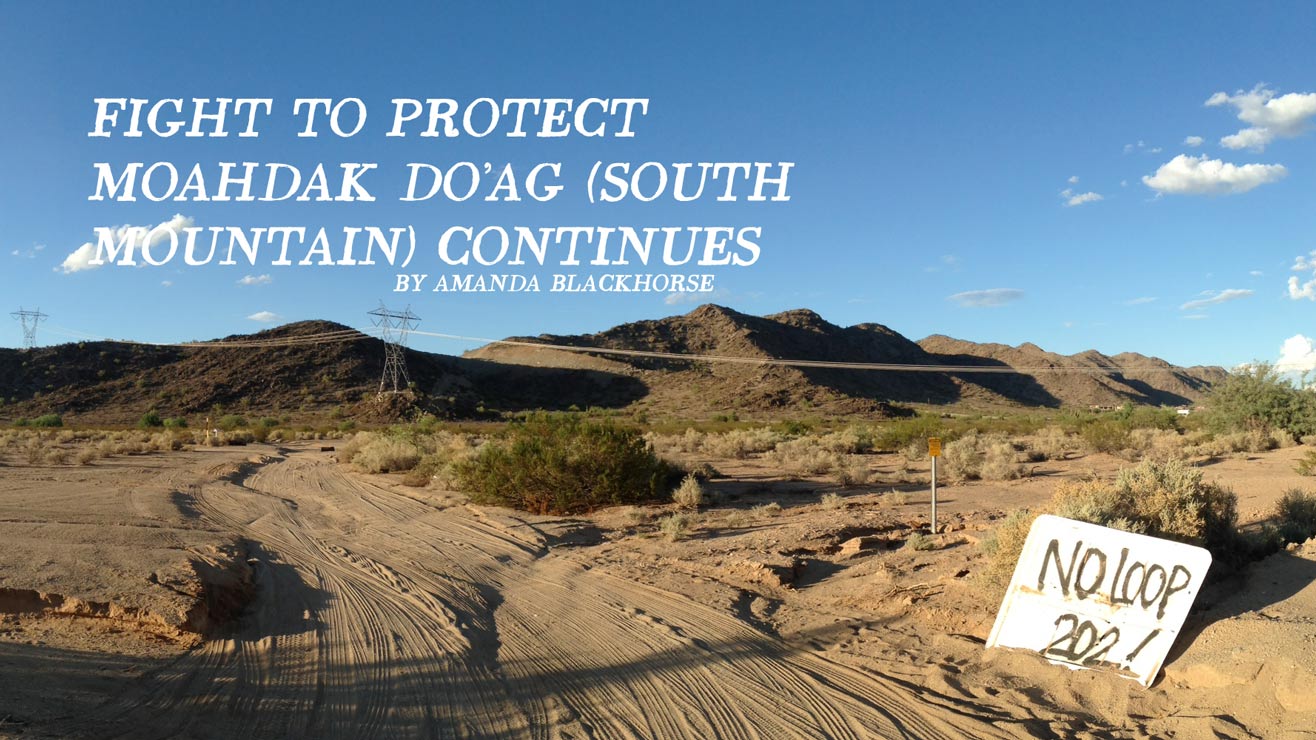

 Commentary & Essays11 years ago
Commentary & Essays11 years ago
 anti-colonial5 years ago
anti-colonial5 years ago
 Feature Front2 years ago
Feature Front2 years ago
 anti-colonial5 years ago
anti-colonial5 years ago
 #nonukes12 years ago
#nonukes12 years ago
 anti-colonial4 years ago
anti-colonial4 years ago
 #nonukes15 years ago
#nonukes15 years ago
 #policestate5 years ago
#policestate5 years ago
